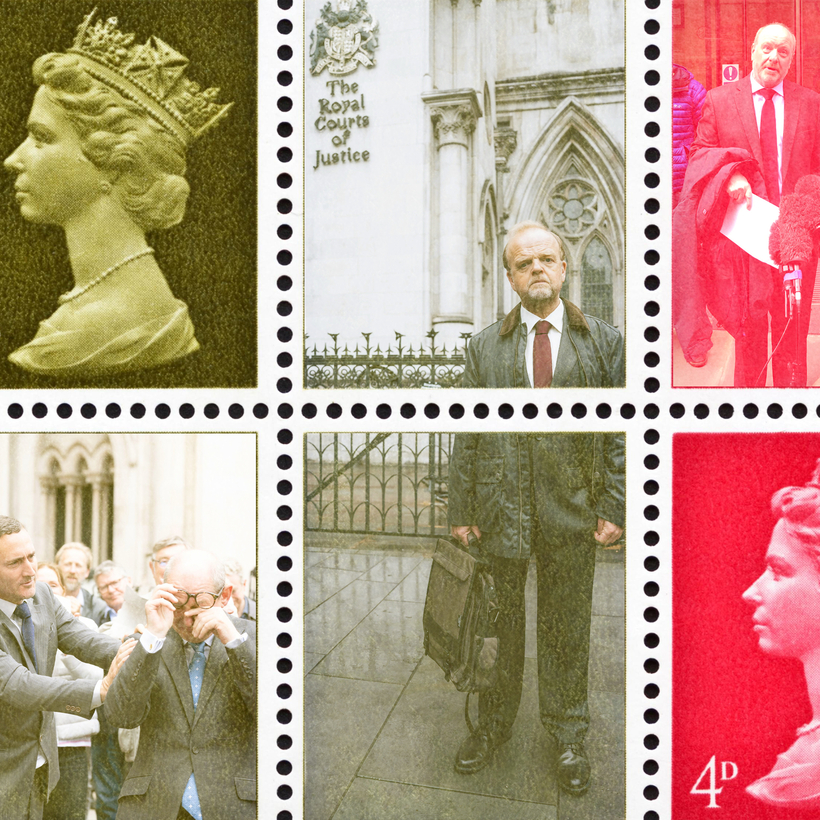It takes a lot for a television show to beat Downton Abbey in the U.K. ratings, especially when it’s a docudrama about accounting. But Mr. Bates vs. the Post Office, a story of online bookkeeping systems, has become one of the most popular television series ever screened in Britain and without doubt the most impactful.
Less than a week after 10 million viewers—one quarter of the adult population of Britain—watched the four-part series, Rishi Sunak, the prime minister, announced he was going to right “one of the greatest miscarriages of justice in our nation’s history.” He told the House of Commons he would bypass the courts and drive through emergency legislation that would exonerate the almost 4,000 men and women who ran branches of Britain’s postal service, the Post Office, and who had been wrongly accused of—and in some cases wrongly jailed for—theft, false accounting, and fraud.

